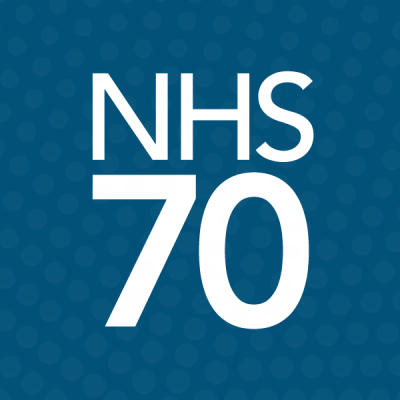Government should do more to improve the public’s health
27 June 2018

The government should look beyond the NHS and focus on a range of policies to improve the public’s health, including making effective use of tax and regulation, according to a new briefing from four leading research organisations.
A new briefing, produced for the BBC by The King’s Fund, the Health Foundation, the Institute for Fiscal Studies and the Nuffield Trust, looks at whether the NHS is currently meeting public expectations and who is responsible for keeping us healthy. It argues that the success of the smoking ban and some early evidence that the soft drinks industry levy has led to manufacturers reducing the amount of sugar in their products suggests that tax and regulation can be an effective part of a strategy for improving the population’s health.
New polling commissioned by the Health Foundation for the briefing suggests the public supports this type of intervention. Key results include:
- 62 per cent of UK adults 15+ support the soft drinks levy;
- 54 per cent said they support a minimum unit price for alcohol, a measure already implemented in Scotland and soon to be introduced in Wales;
- 70 per cent support limiting fast food outlets in areas near schools;
- 68 per cent support restricting advertising of unhealthy food and drink and 67 per cent would back a ban on advertising of junk food on TV before 9pm.
The polling suggests that the vast majority of people – 86 per cent – believe they have a ‘great deal of responsibility’ for keeping healthy. But the authors point to a worrying gap between expectations and reality in how people manage their health. While the majority of people polled said they find it easy to engage in healthy behaviours such as eating well or exercising, evidence shows that seven in ten adults in England do not meet government guidelines in relation to two or more key risk factors of poor diet, physical inactivity, excessive alcohol consumption and smoking.
While the NHS and individuals have important roles to play, the briefing highlights evidence that the most significant influence on people's health is the economic, physical and social environment in which they live – the so-called wider determinants of health. This helps explain yawning gaps in healthy life expectancy across the UK which mean that life expectancy for men in the most deprived communities is nine years less than in the wealthiest, and for women it is seven years less.
As the NHS turns 70, public support for its founding principles is unwavering. While public satisfaction with the NHS remains high, recent public and patient surveys suggest that people are becoming less satisfied with services.
Helen Mckenna, Senior Policy Adviser at The King's Fund, said:
'It is essential that national and local government use all the means at their disposal to improve the public’s health. This should include being bolder in using tax and regulation where this can be effective. Although politicians may balk at the idea of the 'nanny state', our research suggests these types of intervention may enjoy stronger public support than they often assume.
'As it approaches its 70th birthday, the NHS still enjoys overwhelming public support but funding pressures are beginning to take a toll and there are signs that people are becoming less satisfied with NHS services.'
Notes to editors
- To mark the BBC’s coverage of the NHS’s 70th birthday in July 2018, researchers from the Health Foundation, Institute for Fiscal Studies, The King’s Fund and the Nuffield Trust have joined forces for the first time, using combined expertise to shed light on some of the big questions on the NHS. Today’s analysis follows outputs published earlier this week on how the NHS compares internationally and NHS funding, with briefings on social care and technology to follow later this week.
- ‘Are we expecting too much from the NHS?' is authored by Helen McKenna (The King’s Fund), with contributions from Emma Spencelayh and Peter Stilwell (the Health Foundation), Mark Dayan (The Nuffield Trust), Elaine Kelly (Institute for Fiscal Studies), and David Buck, Dan Wellings and Leo Ewbank (The King’s Fund).
- The briefing draws on new polling commissioned by the Health Foundation for the BBC’s project. The research was conducted on CAPIbus, Ipsos MORI’s weekly face to face survey. 2,083 adults 15+ were Interviewed across the UK between 11 and 29 May 2018 in participant’s homes using a Computer Aided Personal Interviewing (CAPI) methodology. Data have been weighted to age, working status, government office region and social grade within gender, with household tenure and ethnicity according to known population profiles.
Contact information
For further information or to request an interview, please contact Gemma Umali at The King’s Fund press office on 020 7307 2585 (07584 146 035 if calling out of hours) or email g.umali@kingsfund.org.uk.
Further reading
Work with us
We look for talented and passionate individuals as everyone at the Health Foundation has an important role to play.
View current vacanciesThe Q community
Q is an initiative connecting people with improvement expertise across the UK.
Find out more

